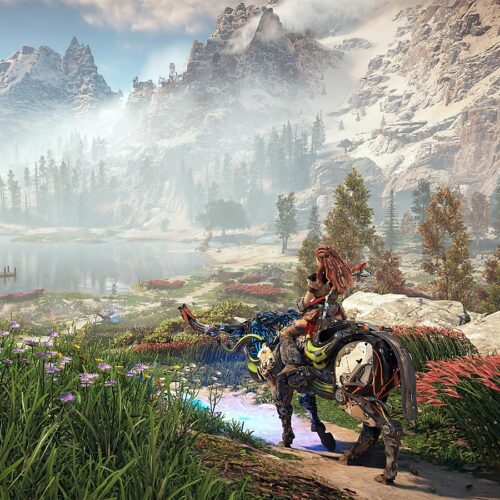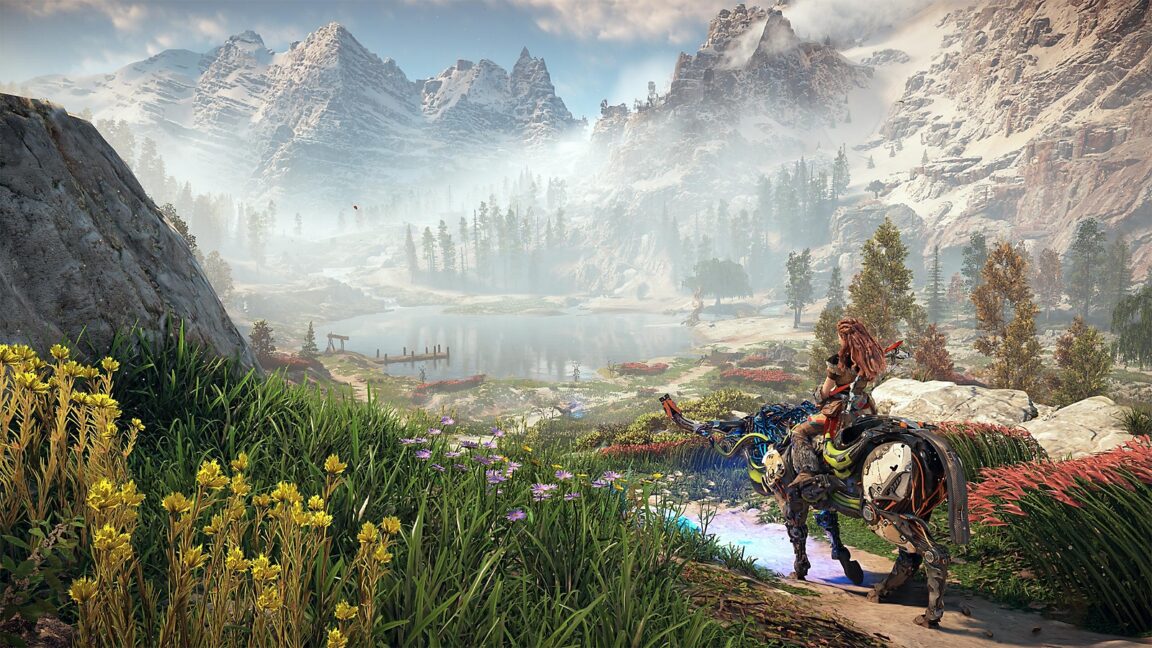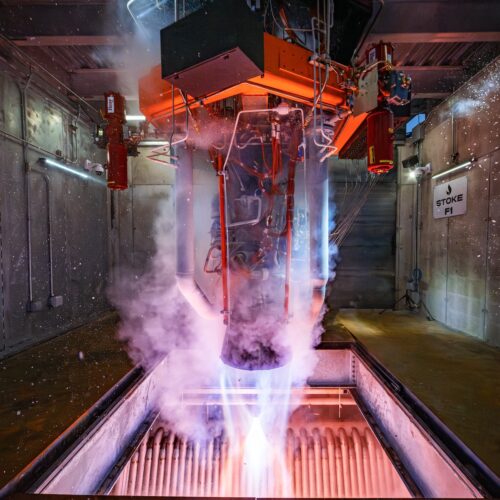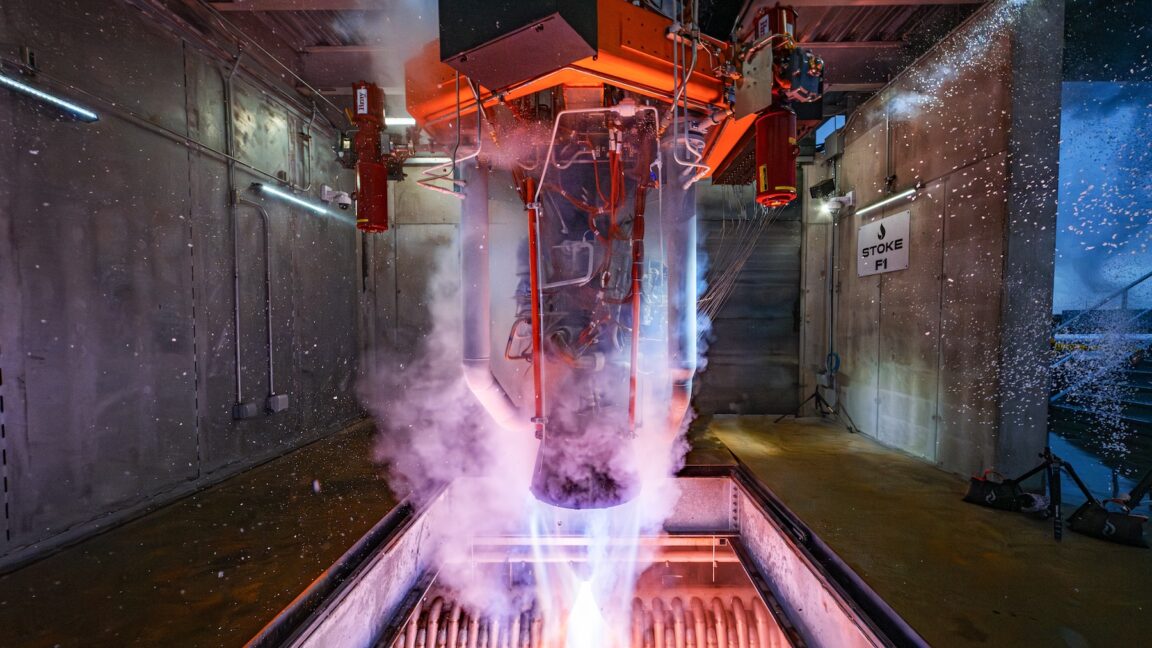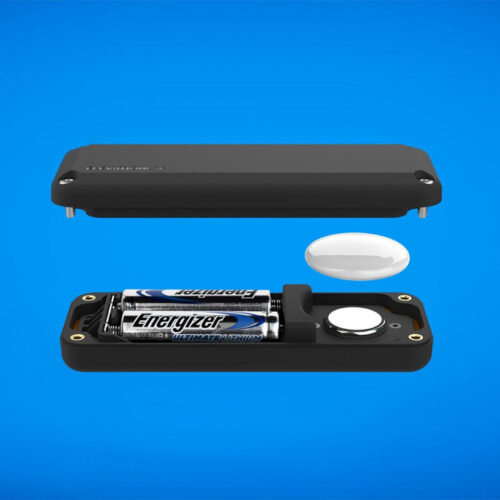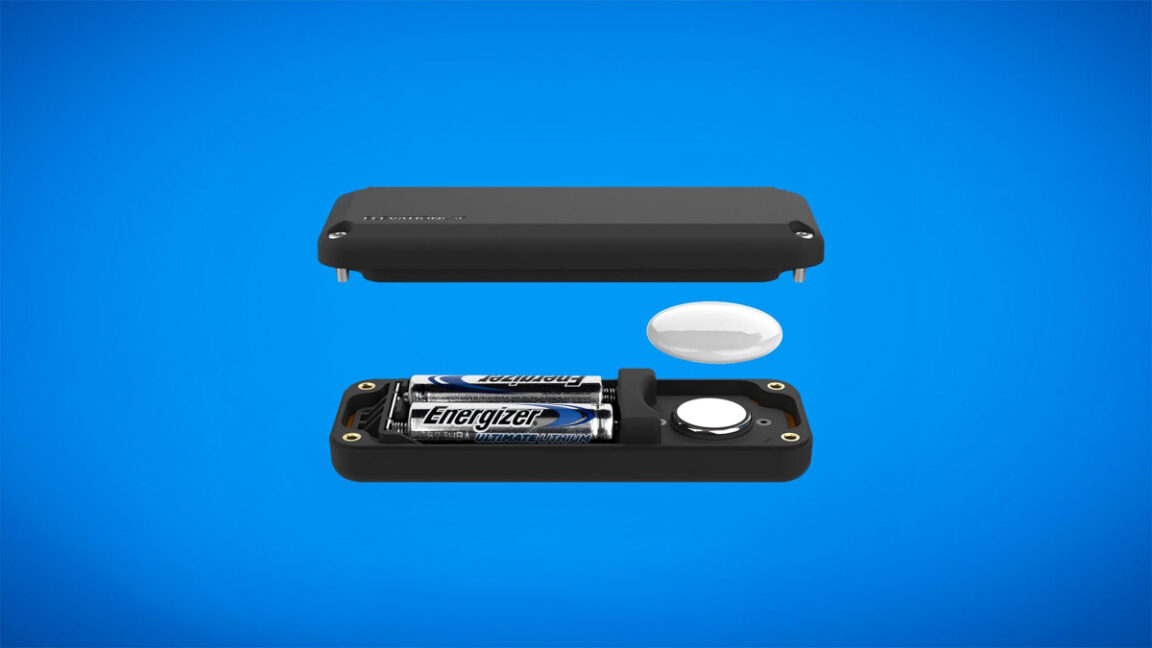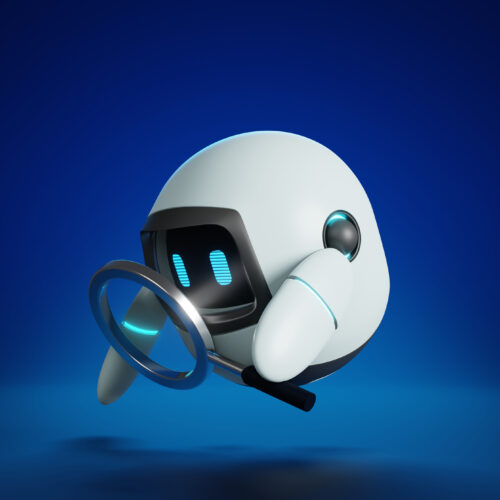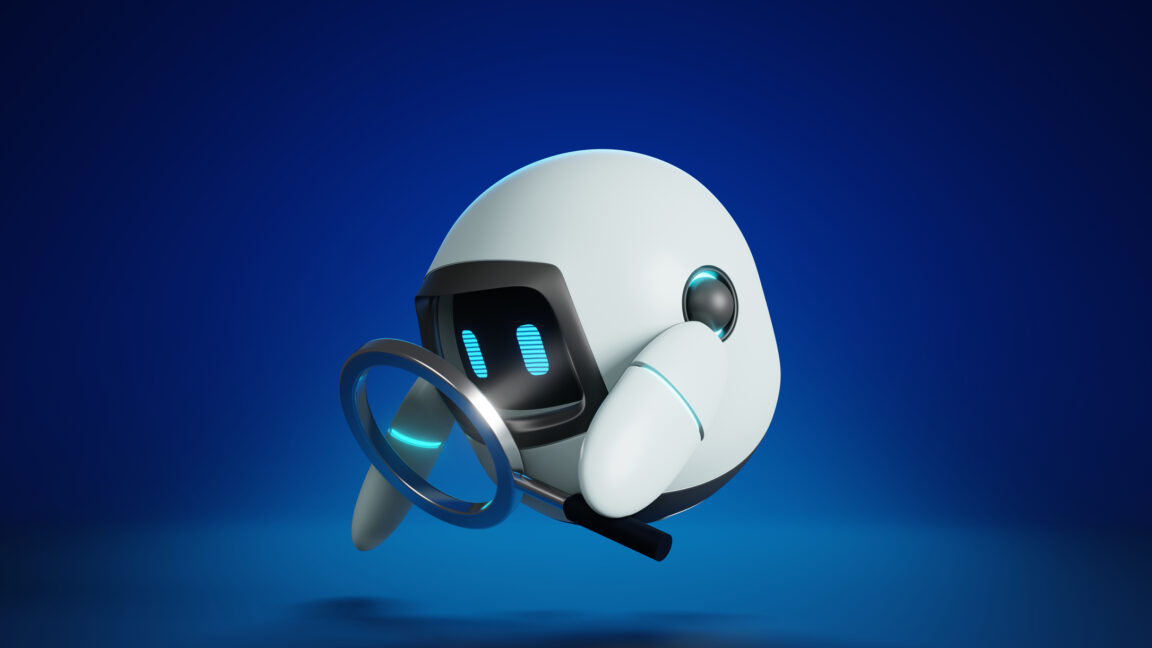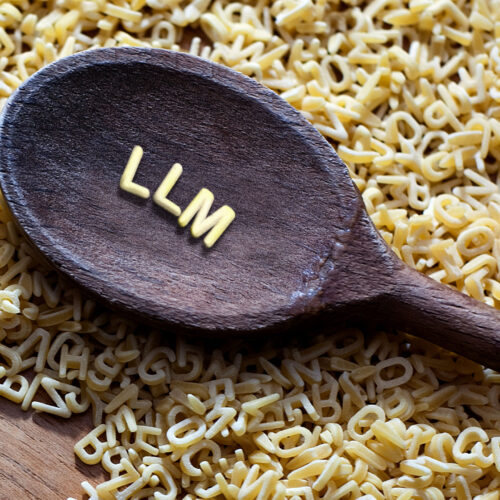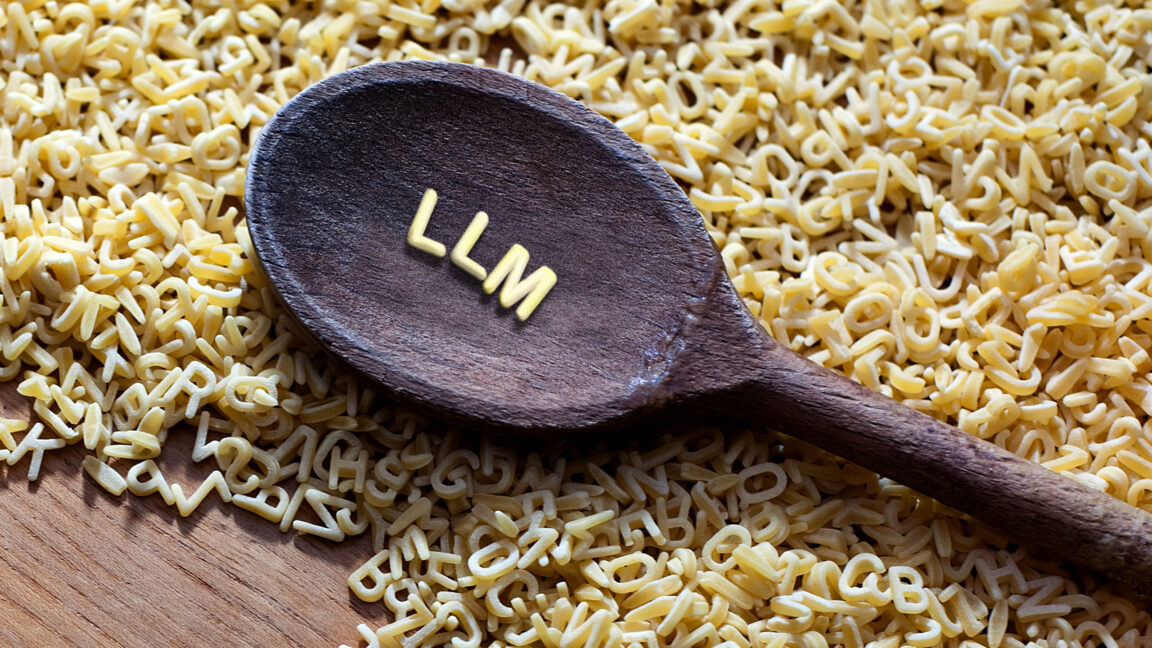How might NASA change under Trump? Here’s what is being discussed
Although the details remain in flux, the transition team reviewing NASA and its activities has begun to draft potential executive orders for changes to space policy under the Trump Administration.
Sources familiar with the five people on the team, who have spent the last six weeks assessing the space agency and its exploration plans, were careful to note that such teams are advisory in nature. They do not formally set policy nor is their work always indicative of the direction an incoming presidential administration will move toward.
Nevertheless, in trying to set clear goals for NASA and civil space policy, the ideas under consideration reflect the Trump administration's desire for "big changes" at NASA, both in terms of increasing the effectiveness and velocity of its programs.
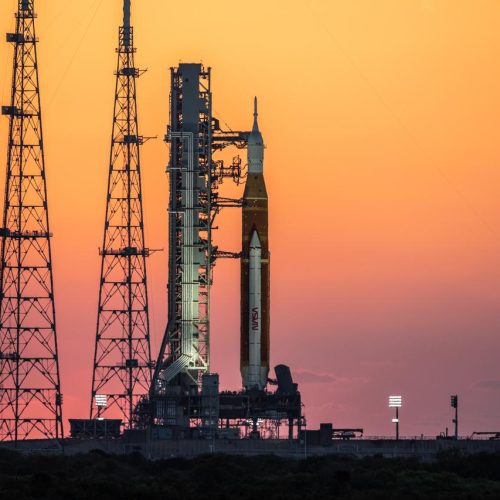
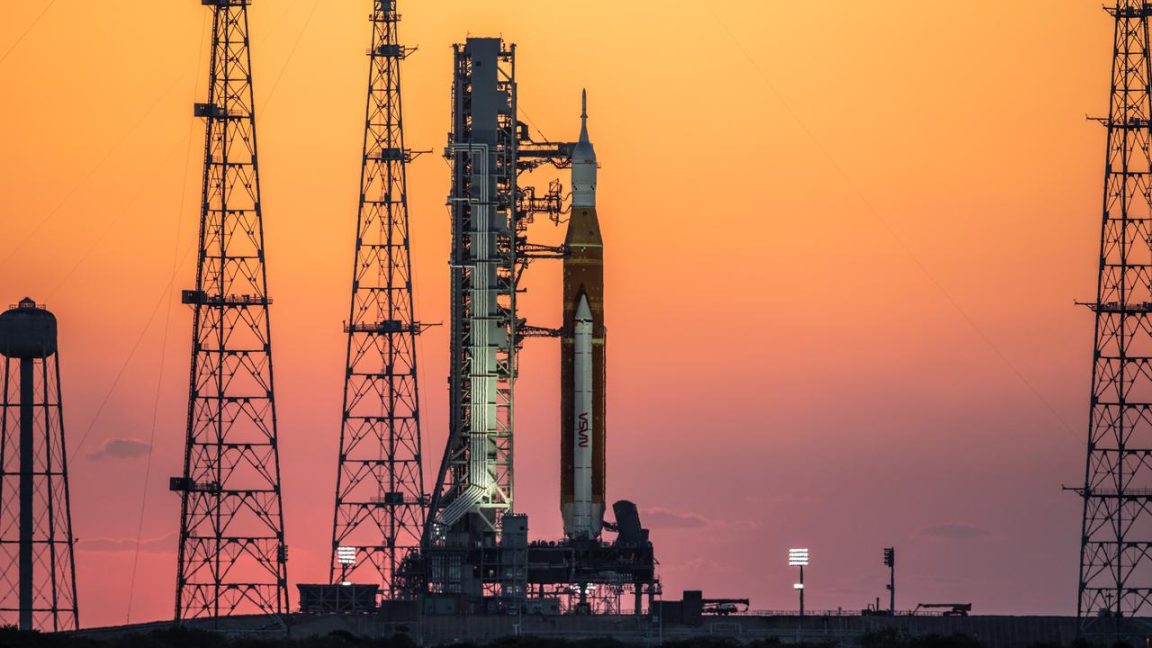
© NASA








 Mists shroud the hillsides at the entrance to Chaitén Bay, as seen from aboard the Schmidt Ocean Institute’s <em>Falkor (too)</em> research vessel.
Credit:
Alex Ingle / Schmidt Ocean Institute
Mists shroud the hillsides at the entrance to Chaitén Bay, as seen from aboard the Schmidt Ocean Institute’s <em>Falkor (too)</em> research vessel.
Credit:
Alex Ingle / Schmidt Ocean Institute




